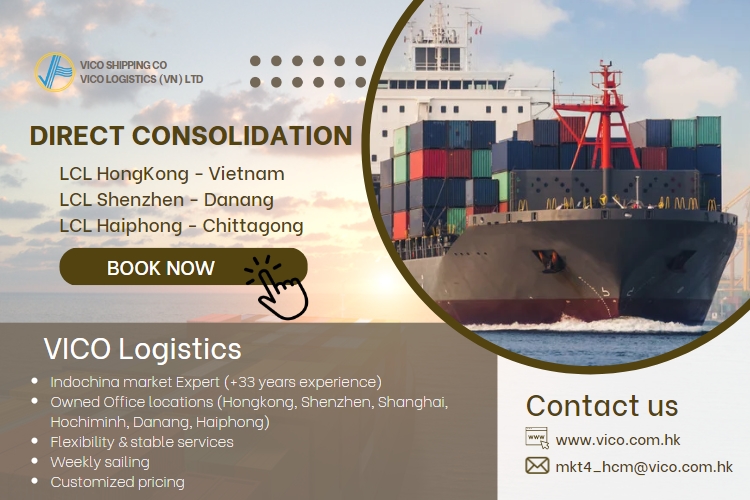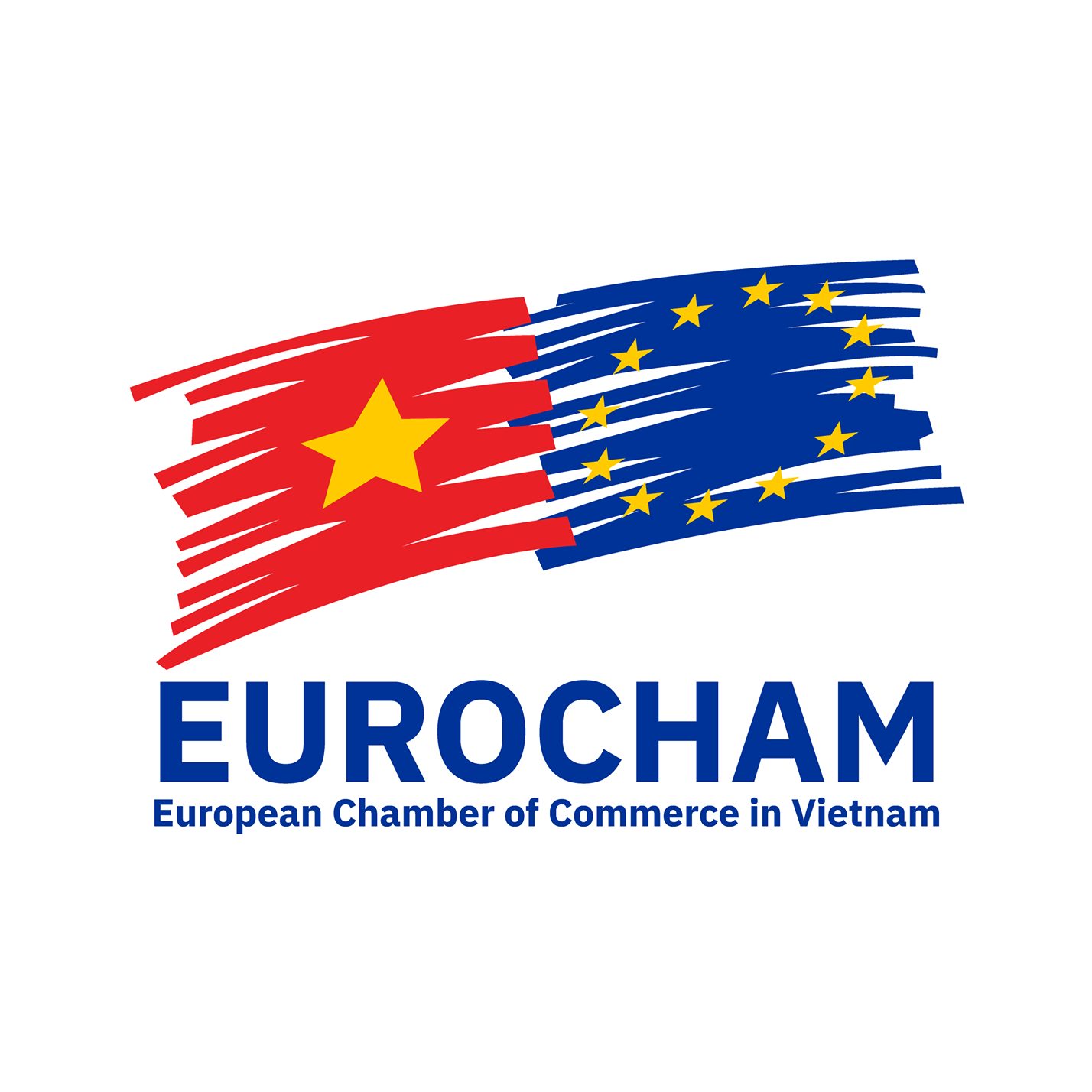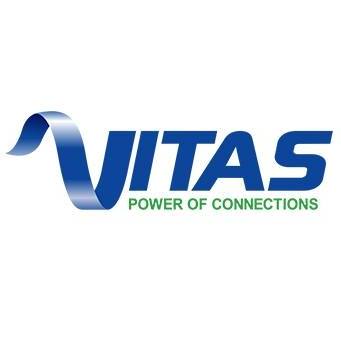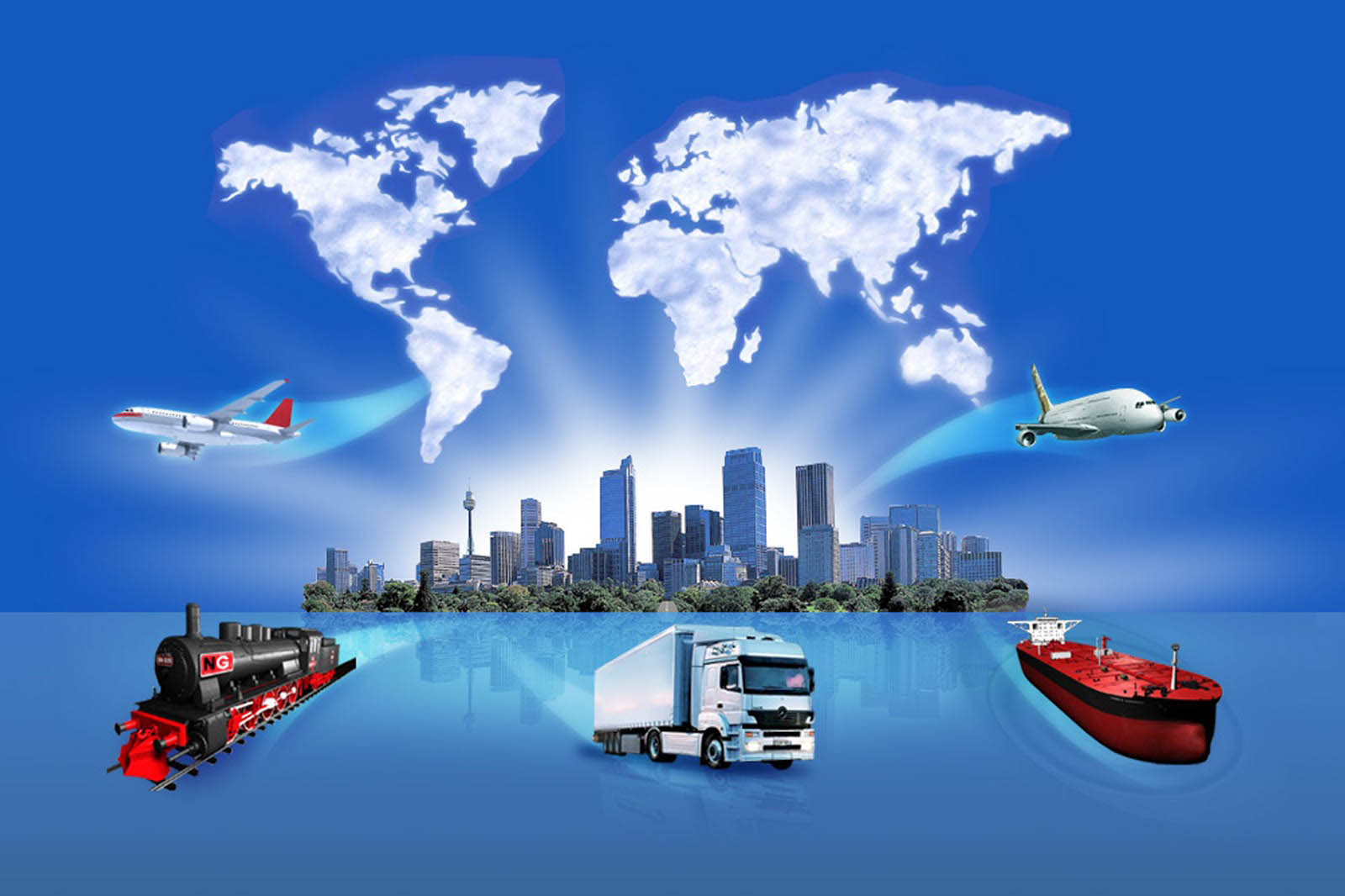
Indochina, also known as the Indochinese Peninsula, is a region in Southeast Asia that includes Vietnam, Cambodia, Laos, Myanmar, Thailand, and the Malaysian peninsula. It has been gaining importance as a logistics hub in Southeast Asia.
With the continuous growth of the global economy and the increasing demand for goods, Indochina is playing an increasingly vital role in the supply chain of numerous businesses worldwide. This article talks about how VICO Logistics is dealing with challenges and finding solutions to them. That’s VICO Logistics is confident in supporting your needs.
1. Overview of Indochina as a region and its growing importance as a logistics hub
Indochina is a region with a rich history and cultural diversity, and in recent years; it has been gaining importance as a logistics hub of Southeast Asia.
The region's strategic location between China and India, two of the world's fastest-growing economies, has made it an attractive destination for businesses looking to expand their operations in the region.
Indochina's growing economy, improving logistics infrastructure, and trade volumes have contributed to its increasing importance as a logistics hub.
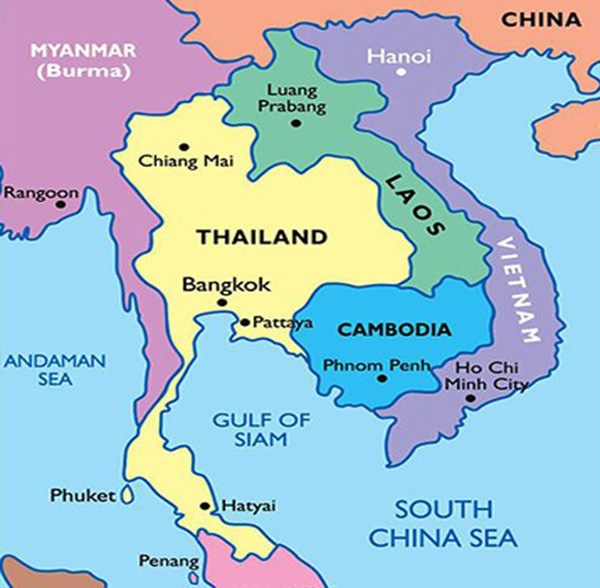
Furthermore, Indochina region has made significant investments in its logistics infrastructure, such as seaports, airports, highways, and railways.
For instance, Vietnam has been expanding its port capacity and developing new logistics centers, while Cambodia has been upgrading its road networks and investing in its Special Economic Zones. These infrastructure developments have helped to improve the connectivity between the countries in the region, making it easier and more cost-effective to move goods across borders.
>> VICO Logistics becomes a premium member of global logistics associations
Indochina is a region with significant growth potential as a logistics hub.
Its strategic location, improving infrastructure, and growing economy make it an attractive destination for businesses looking to expand their operations in Southeast Asia.
Indochina is strategically located in Southeast Asia, with access to the South China Sea, making it an ideal location for businesses to connect with other markets in the region. Indochina's GDP has been growing at an impressive rate, and it is expected to continue its growth trajectory in the years to come.
According to the World Bank, the combined GDP of Vietnam, Laos, and Cambodia was $372 billion in 2019, which is expected to grow to $458 billion by 2024.
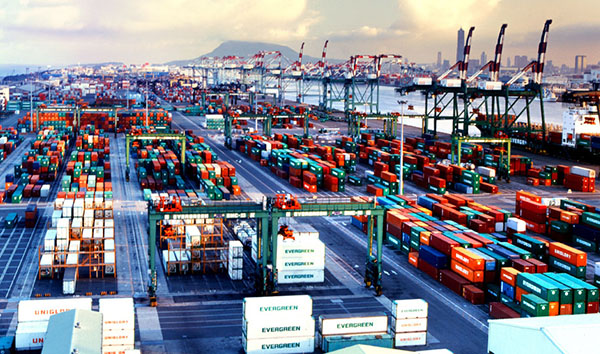
As the economies of these countries continue to grow, so does the demand for logistics services. This is where Indochina's strategic location and growing economies come into play, making it a prime location for businesses to set up their logistics operations.
1. Market analysis of the economic growth, trade volumes, and logistics infrastructure in Indochina
The Indochina region has seen tremendous growth in recent years, with the logistics industry playing a vital role in driving this growth. Specifically:
● Economic Growth
Indochina has experienced robust economic growth over the past decade, with a combined GDP of around $1.5 trillion. Vietnam is the largest economy in the region, with a GDP of $341 billion, followed by Thailand with a GDP of $505 billion. Other countries such as Cambodia, Laos, and Myanmar have also experienced rapid economic growth in recent years, driven by factors such as increased foreign investment, expanding manufacturing sectors, and tourism.

● Trade Volumes
Currently, Indochina is an important trading partner for many countries in the region and beyond. The region has a combined population of over 240 million people, and its location makes it a gateway to other markets in Southeast Asia and beyond. Thailand is the largest trading partner in the region, with total trade volumes of over $300 billion in 2020. Vietnam, Cambodia, and Myanmar are also significant trading partners, with trade volumes of around $200 billion, $20 billion, and $15 billion, respectively.
● Logistics Infrastructure
Indochina has invested heavily in logistics infrastructure in recent years, with the aim of improving trade connectivity and facilitating economic growth. The region has several major ports, including the Port of Ho Chi Minh City in Vietnam, the Port of Laem Chabang in Thailand, and the Port of Sihanoukville in Cambodia. Special, the Cai Mep International Terminal is attracting shipping lines from around the world, making it easier for businesses to import and export goods.
In addition, several major airports, including Bangkok's Suvarnabhumi Airport and Ho Chi Minh City's Tan Son Nhat International Airport, serve as major regional hubs for air cargo.
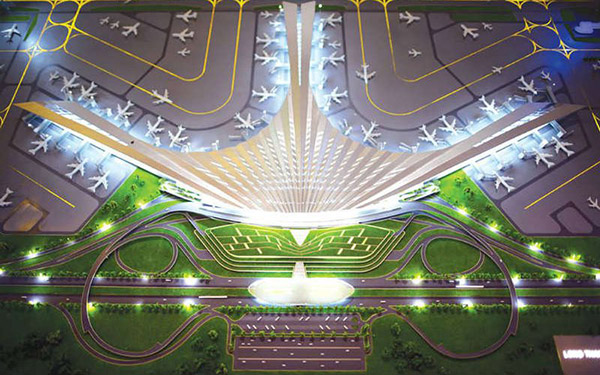
2. Logistics challenges faced in Indochina and solutions offered by VICO Logistics
Indochina is a region with many logistics challenges, including inadequate transportation infrastructure, complex customs regulations, and security risks. However, VICO Logistics will provide the best solutions for customers. Some challenges and optimal solutions such as:
● Transportation Infrastructure
Indochina's transportation infrastructure is often inadequate, which can lead to delays and higher costs for logistics providers. VICO Logistics offers a range of transportation solutions, including air, sea, and land transportation, to ensure that goods can be transported efficiently and cost-effectively.
● Customs Regulations
Customs regulations in Indochina can be complex and time-consuming, particularly for businesses that are unfamiliar with local laws and regulations. VICO Logistics has a team of customs experts who can help businesses navigate the customs clearance process, ensuring that their goods are cleared quickly and efficiently.

● Security Risks
Indochina is also a region with significant security risks, particularly in areas such as Myanmar and southern Thailand. VICO Logistics has a robust security management system in place to ensure the safety of its employees and clients, including a 24/7 security monitoring system and strict security protocols for all operations.
In addition to these solutions, VICO Logistics also offers value-added services such as warehousing, distribution, and supply chain management, to help businesses optimize their logistics operations and improve their overall efficiency.
3. Service offerings of VICO Logistics in Indochina and its competitive advantages
VICO Logistics is a logistics company that offers a range of services in Indochina, including rail Freight, Value added services, road freight, sea freight, 3PL logistics, and project cargo. Below are the advantages and competitive advantages for VICO Logistics to become a leading logistics service provider in the region.
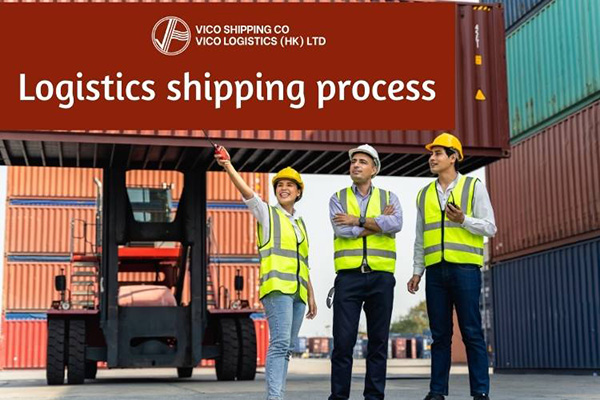
● Comprehensive Services
VICO Logistics offers a wide range of logistics services in Indochina, including air, sea, and land transportation, customs clearance, warehousing, and supply chain management. This comprehensive approach allows the company to offer end-to-end logistics solutions that can meet the diverse needs of businesses in the region.
● Expertise in Customs Clearance
VICO Logistics has a team of customs experts who can help businesses navigate the complex customs regulations in Indochina. The company has extensive experience in dealing with customs authorities in the region, allowing it to help businesses avoid customs-related delays and reduce costs.
● Strong Security Management
VICO Logistics has a robust security management system in place to ensure the safety of its employees and clients. The company has implemented strict security protocols for all operations, including a 24/7 security monitoring system and risk management procedures.
● Local Knowledge
VICO Logistics has a deep understanding of the logistics environment in Indochina, including local laws and regulations, infrastructure challenges, and cultural nuances. This local knowledge allows the company to provide tailored logistics solutions that can meet the specific needs of businesses in the region.
● Innovation
VICO Logistics is committed to using innovative technology and processes to improve the efficiency and effectiveness of its logistics operations. The company has developed its own logistics management system, called the VICO Platform, which uses real-time tracking and data analytics to optimize logistics operations and improve supply chain visibility.
4. Indochina logistics is an important link for the development of Southeast Asia
Indochina logistics plays a crucial role in the development of Southeast Asia. The region is strategically located between China and India, and it serves as a hub for transportation and trade between these two major markets. As such, the logistics industry in Indochina has become increasingly important in recent years, as businesses seek to take advantage of the region's growing economic potential.
Indochina has many seaports as key gateways for the import and export of goods, connecting Southeast Asia to other global markets in logistics industry
In addition to its ports, Indochina also has a rapidly developing transportation infrastructure, including highways, railways, and airports. This infrastructure is critical for facilitating the movement of goods within the region and beyond.
The logistics industry in Indochina is also benefiting from the region's growing consumer market. As the middle class in Indochina continues to expand, there is increasing demand for consumer goods, which is driving growth in the logistics industry.
Therefore, Indochina logistics is a key link for the development of Southeast Asia. Its strategic location, growing transportation infrastructure, and expanding consumer market all contribute to its importance as a regional logistics hub. As such, the logistics industry in Indochina is likely to continue to grow in the coming years, driven by the region's strong economic potential.
-------------------------------------------------
VICO LOGISTICS – Indochina Logistics Expert
Premium member of Eurocham, JCtrans, Ziegler One, VLA, VCCI,... associations
Owned offices: Hong Kong (headquarter), China (Shenzhen, Shanghai), Vietnam (Ho Chi Minh, Da Nang, Hai Phong).
Follow us for more valuable information Youtube - Linkedin - Fanpage
Book now: https://vico.com.hk/#quotation
